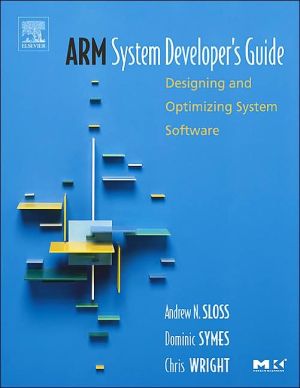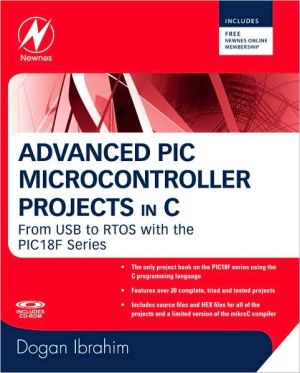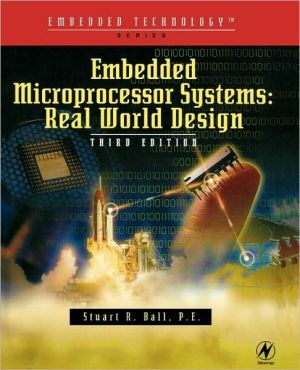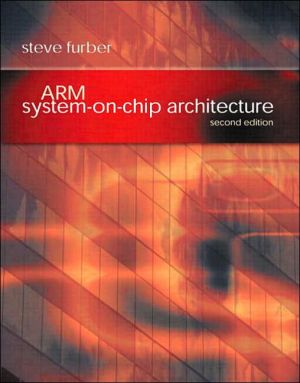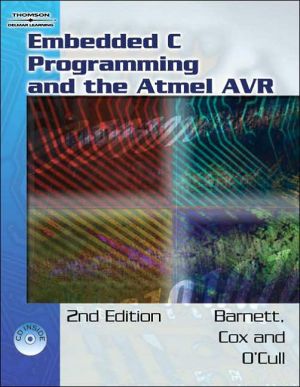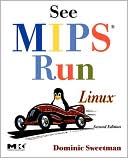Network Processor Design: Issues and Practices, Volume 1
As the demand for digital communication networks has increased, so have the challenges in network component design. To meet ever-escalating performance, flexibility, and economy requirements, the networking industry has opted to build products around network processors. These new chips range from task-specific processors, such as classification and encryption engines, to more general-purpose packet or communications processors. Programmable yet application-specific, their designs are tailored...
Search in google:
"Highly recommended for practitioner and researcher alike, Network Processor Design introduces an important group of commercial and proprietary network processors and covers the latest thinking in the design and use of this important new class of application-specific processors."—John F. Wakerly, Consulting Professor, Stanford UniversityAs the demand for digital communication networks has increased, so have the challenges in network component design. To meet ever-escalating performance, flexibility, and economy requirements, the networking industry has opted to build products around network processors. These new chips range from task-specific processors, such as classification and encryption engines, to more general-purpose packet or communications processors. Programmable yet application-specific, their designs are tailored to efficiently implement communications applications such as routing, protocol analysis, voice and data convergence, firewalls, VPNs, and QoS.Network processor design is an emerging field with issues and opportunities both numerous and formidable. To help meet this challenge, the editors of this volume created the first Workshop on Network Processors, a forum for scientists and engineers from academia and industry to discuss their latest research in the architecture, design, programming, and use of these devices. In addition to including the results of the Workshop in this volume, the editors also present specially commissioned material from practicing designers, who discuss their companies' latest network processors. Network Processor Design: Issues and Practices is an essential reference on network processors for graduate students, researchers, and practicing designers.FeaturesIncludes contributions from major academic and industrial research labs including Aachen University of Technology; Cisco Systems; Infineon Technologies; Intel Corp.; North Carolina State University; Swiss Federal Institute of Technology; University of California, Berkeley; University of Dortmund; University of Washington; and Washington University. Examines the latest network processors from Agere Systems, Cisco, IBM, Intel, Motorola, Sierra Inc., and TranSwitch.
Preface1Network Processors: An Introduction to Design Issues12Benchmarking Network Processors113A Methodology and Simulator for the Study of Network Processors274Design Space Exploration of Network Processor Architectures555Compiler Backend Optimizations for Network Processors with Bit Packet Addressing916A Network Processor Performance and Design Model with Benchmark Parameterization1177A Benchmarking Methodology for Network Processors1418A Modeling Framework for Network Processor Systems1679An Industry Analyst's Perspective on Network Processors19110Agere Systems - Communications Optimized PayloadPlus Network Processor Architecture21911Cisco Systems - Toaster223512IBM - PowerNP Network Processor24913Intel Corporation - Intel IXP2400 Network Processor: A Second-Generation Intel NPU25914Motorola - C-5e Network Processor27715PMC-Sierra, Inc. - ClassiPl29116TranSwitch - ASPEN: Flexible Network Processing for Access Solutions307Index319About the Editors337
\ From the Publisher\ "Highly recommended for practitioner and researcher alike, Network Processor Design introduces an important group of commercial and proprietary network processors and covers the latest thinking in the design and use of this important new class of application-specific processors." \ --John F. Wakerly, Consulting Professor, Stanford University\ \

